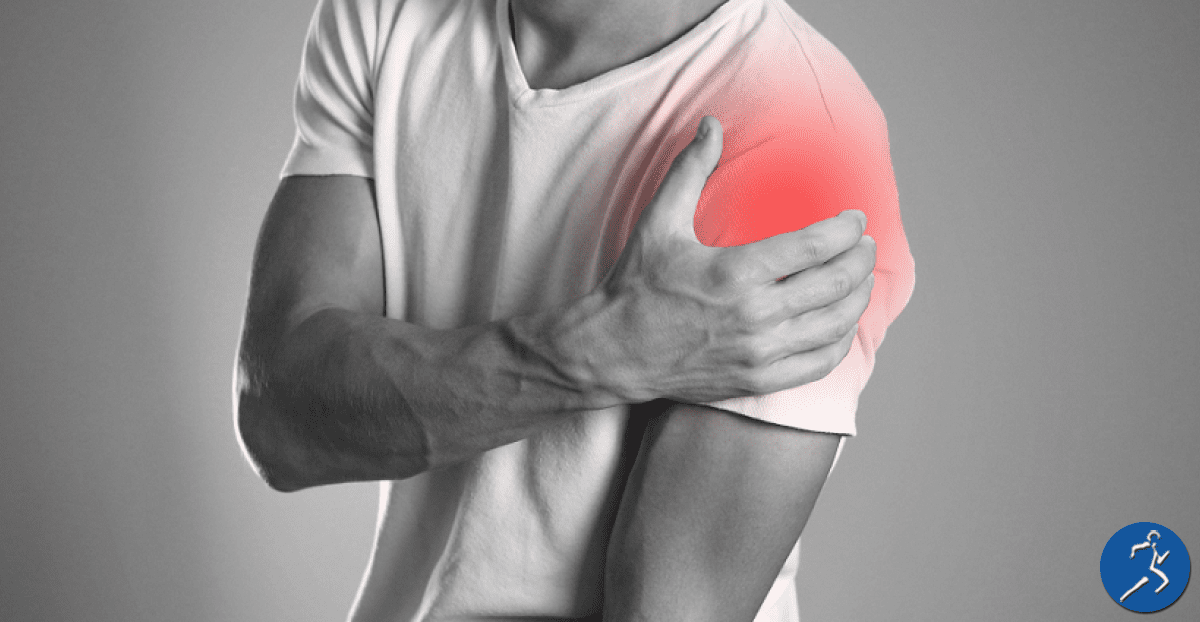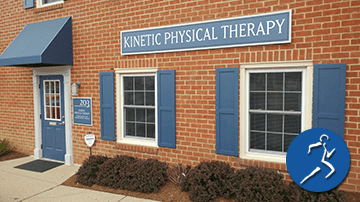
Rotator cuff tears can be painful… or not. Many people are walking around with tears in their rotator cuff but are not experiencing symptoms of should pain. Time is not a great healer when it comes to a rotator cuff injury. There are things that you can do, short of surgery, that help relieve symptoms and regain strength in your shoulder. Let’s take a look at what it means to have a tear in your rotator cuff, and what your treatment options are.
What is a Rotator Cuff Tear?
There is a group of four muscles with tendons that attach to the “ball” of your upper arm bone, called the humerus. The tendons and muscles help you to rotate and lift your arm. They also serve to secure the “ball” of the humerus in the shoulder socket.
A tear occurs when the tendons tear. Often, there is a complete tear, pulling the tendon away from the bone. Other times, the tendon is just irritated or mildly damaged. This can be the result of overuse, an injury… or even a result of the wear and tear we experience as we age.
What are the Treatment Options for a Torn Rotator Cuff?
When a tear is severe and needs treatment, you have two options available to you. Although surgery is always an option, there are many treatment plans you can try instead of jumping into surgery. So, the choices are surgical or non-surgical. Non-surgical options include several different treatments you can try, such as Physical therapy, Oral Anti-inflammatory medication, Rest, Activity Modification, Ice, or Cortisone Injections.
The Role of Physical Therapy in Treating a Rotator Cuff Tear
When you look at the treatment options shown above, there’s a reason physical therapy appears first on the list. No matter which of the treatment options you and your doctor choose, they will be most effective when combined with Physical Therapy.
Building strength in your rotator cuff is essential if you wish to regain normal shoulder function. The exercises you do in therapy, and learn to do at home will be crucial to your recovery. Your physical therapist has a few other treatment options to combine with exercise to give you a good result. Your therapist may decide to use ultrasound, electrical stimulation, ice, or other similar treatments in the hope of reducing pain and inflammation.
Is Non-Surgical Treatment for a Torn Rotator Cuff Effective?
About half the people that try non-surgical methods to relieve a torn rotator cuff find it to be effective, and do not go on to have surgery. Your physical therapist can talk with your doctor as you progress in therapy and decide what options work best for you.
At Kinetic Physical Therapy, we have an impressive success rate when treating Rotator Cuff Tears. If your shoulder is troubling you, don’t jump into surgery until you’ve tried other options. Let your doctor know that you’d like to get on a treatment plan with us, and we’ll show you how effective physical therapy can be!


